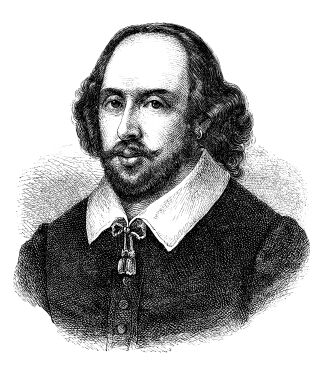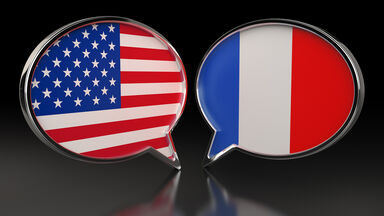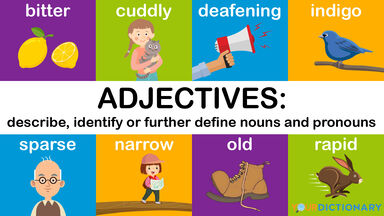Further, he explained the old Cartesian difficulty of the relation of body and mind by transforming the Spinozistic parallelism of extension and thought into a parallelism between the motions of bodies and the perceptions of their monads; motions always proceeding from motions, and perceptions from perceptions; bodies acting according to efficient causes, and souls according to final causes by appetition, and as if one influenced the other without actually doing so.
But, whereas Leibnitz imputed unconscious perception as well as unconscious appetition to monads, Schopenhauer supposed unconscious will to arise without perception, without feeling, without ideas, and to be the cause of ideas only in us.
Indeed, Fichte had previously characterized the life of the Absolute by reason and will without consciousness; and, before Fichte, Leibnitz had asserted that the elements of Nature are monads with unconscious perception and appetition.
Empedocles, Plato and Aristotle; Telesio, Bruno and Campanella; Leibnitz; the idealists, Schopenhauer and Hartmann, Fechner and Paulsen; and the materialist, Haeckel - all have agreed in according some sort of appetition to Nature.
Ravaisson (see Ravaisson-Mollien), by his Rapport (prepared for the Exhibition of 1867) on philosophy in France, gave a fresh impulse to the transition from spiritual realism to idealism, by developing the Aristotelian g okecn s of matter and the Leibnitzian appetition of monads into " l'amour " as the very being of things.





